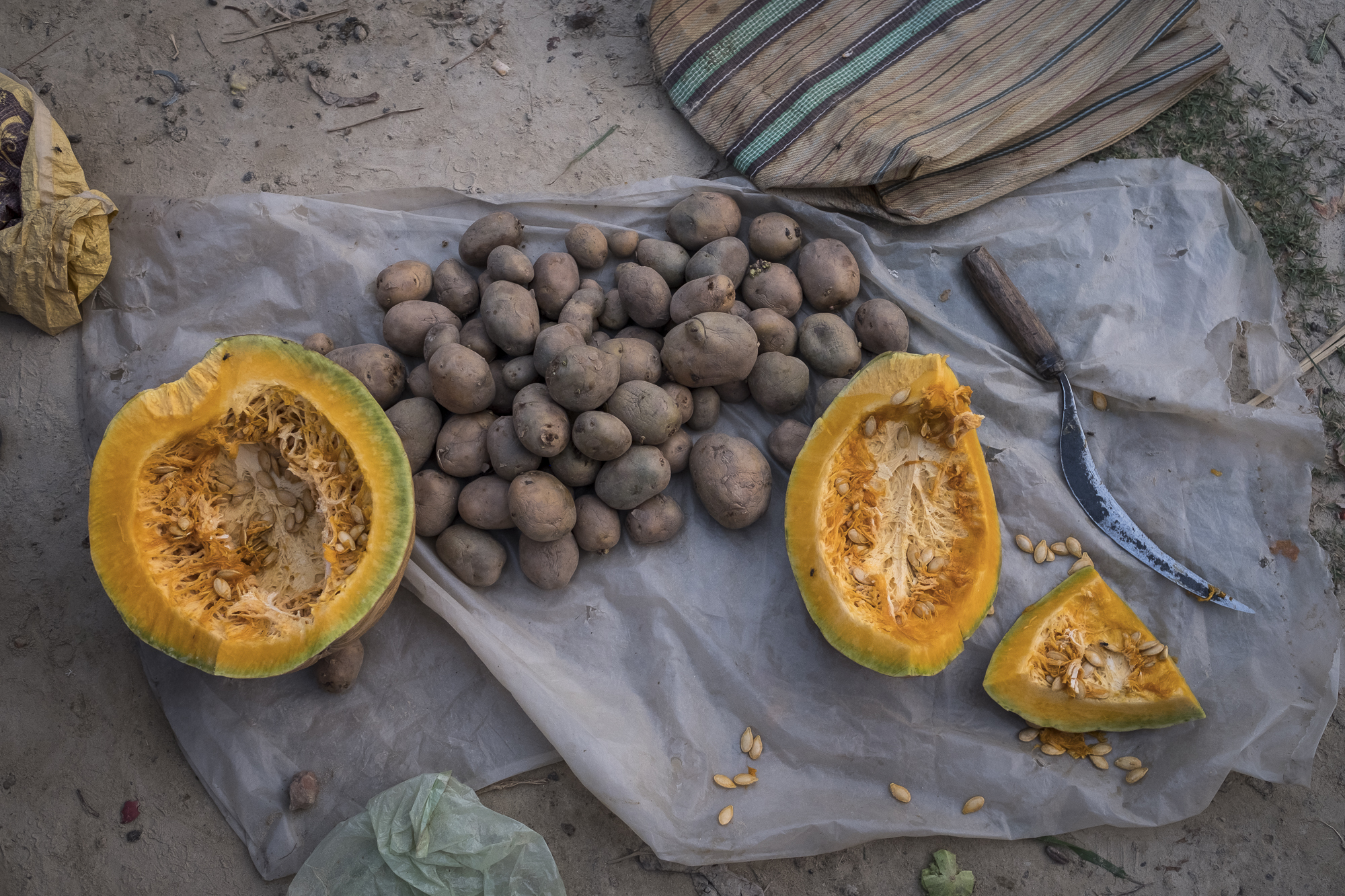ACIAR Federal Budget update

ACIAR and the 2017-18 Federal Budget
The 2017-18 Commonwealth Budget, presented on 9 May 2017, has allocated
$106.5 m to ACIAR to contribute to poverty reduction and improved livelihoods, through more productive and sustainable agriculture emerging from collaborative international research. An additional $17.5 m will be sourced from external funding partners, including DFAT.
ACIAR supports Australia’s national interests by contributing to sustainable economic growth and poverty reduction, and enhanced regional stability, with a particular focus on economic diplomacy and women’s economic empowerment. ACIAR will engage in co-investments with larger donors such as DFAT, the Canadian International Development Research Center (IDRC), Syngenta Foundation, the Bill and Melinda Gates Foundation (BMGF) and the private sector.
Details on the full budget can be found at the Government’s Budget Website
http://www.budget.gov.au/.
ACIAR’s Portfolio Budget Statement is available here
http://dfat.gov.au/about-us/corporate/portfolio-bu…
ACIAR’s portfolio contributes to four goals:
- Food security and poverty reduction – Productive, sustainable and resilient farming systems
- Human health and nutrition - Healthier and better nourished families
- Natural resources and climate change - More resilient livelihoods in the face of climate change
- Value chains and private sector engagement - Safer and more inclusive agrifood value chains
These strategic goals are consistent with Australian ODA priorities and the Sustainable Development Goals (SDGs).
In addition to the four goals identified above, are two essential, cross-cutting goals that inform ACIAR’s work:
- Empowering women and girls
- Capacity building at individual and institutional levels in our partner countries and in Australia
Research- is progressed primarily through bilateral partnerships between ACIAR and partner countries. In 2017-18, ACIAR will enhance our focus on PNG and the Pacific, recognising that both have serious capacity constraints. New country strategies will be developed, or finalised, with Myanmar, Timor Leste, Vietnam and Cambodia. Programs in PNG, Laos and Pakistan, having grown in recent years, have reached capacity limits and will consolidate. Deteriorating security situations in some countries, especially Afghanistan, Bangladesh, and parts of Pakistan, potentially limit program viability in these areas.
Our programs with China and India will continue to be relatively small and driven by the need for very substantial co-investment. We will establish permanent representation in the Pacific. Relationships with Indonesia, Philippines and PNG will receive particular support over the coming year. We will develop a small new program of collaboration with Sri Lanka, starting with aquaculture.
The secondary pathway for contracting research activity is multilateral global initiatives, chief among which is the CGIAR. Australia’s core contribution to the CGIAR (around $18.3 m annually) is managed by ACIAR. During 2017-18, ACIAR will continue to work globally in our bilateral country partnerships and multilateral global programs through the CGIAR and other international research collaborations such as the Asia Pacific Association of Agricultural Research Institutions (APAARI), CABI and World Vegetable Centre.
In our regional programs, ACIAR will work with ASEAN, to ensure better engagement with greater regional collaboration and will seek to establish trilateral technical cooperation partnerships with the more advanced agricultural economies such as the ASEAN 4: Indonesia; Malaysia; Thailand, and the Philippines.
Full details of country priorities and priorities and programs for the 2017‑18 financial year will be available through ACIAR’s Annual Operational Plan 2017-18.


